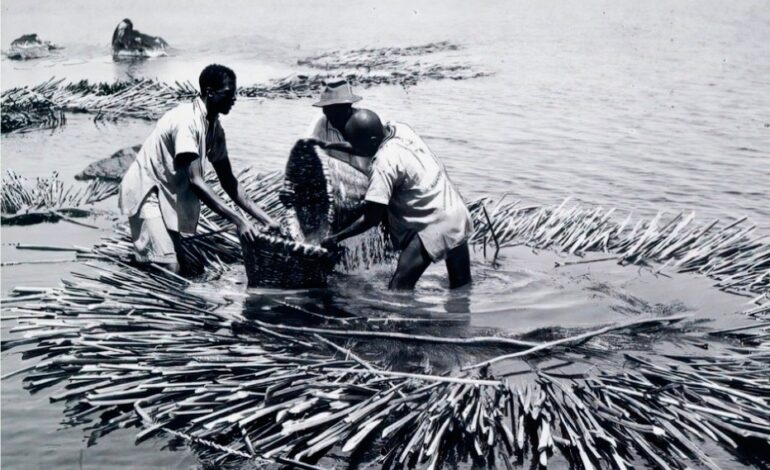
Wayne Lumbasi
The Luo are among the most prominent communities in East Africa, known for a long and rich history and a cultural identity that has shaped the region for generations. Their origins lie in the Nile Valley, from where they gradually moved south, settling around Lake Victoria and spreading across Kenya, Tanzania, Uganda, and parts of the wider region. As they adapted to new environments along their migration route, they developed traditions and social systems that remain central to their identity today.
Population figures show the Luo presence across several countries. In Kenya, they number more than 5 million people and form one of the largest populations in the lake basin counties. In Tanzania, close to 2 million Luo live in the Mara Region where fishing and farming support most households. Uganda hosts several Luo speaking groups including the Acholi, Alur, and Adhola whose combined numbers approach 1 million.
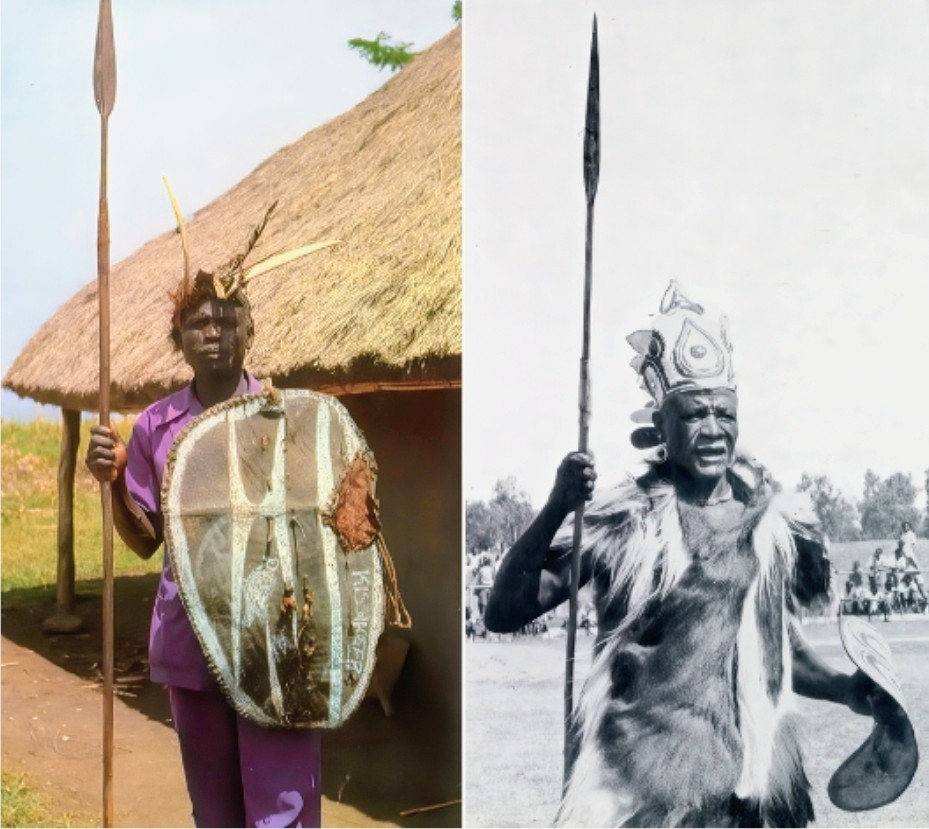
Related Luo communities also live in South Sudan, Ethiopia, and parts of the Democratic Republic of Congo, forming a broad cultural network linked by shared ancestry and language.Luo cultural life is known for expressive music, storytelling traditions, and ceremonial practices.
Dholuo, their main language in Kenya and Tanzania, carries a deep heritage of proverbs, oral literature, and poetic forms that shape social behavior and community values. Musical instruments like the nyatiti and orutu remain important in traditional ceremonies, while modern genres such as Benga have grown from Luo rhythms and narrative styles. Although Christianity is widely practiced, many customs still reflect older spiritual beliefs centered on a creator and the respect of ancestors.
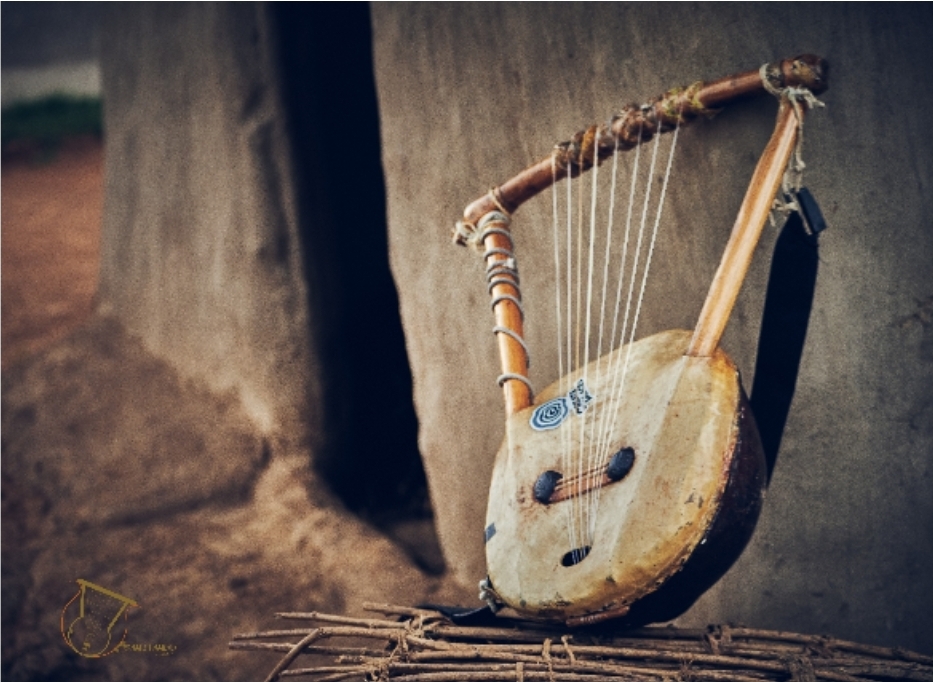
The Luo organize themselves through clan based systems led by elders who guide important decisions and help resolve disputes. Fishing along Lake Victoria has long been their economic anchor supported by farming and livestock production. These activities do more than sustain daily life they reinforce cultural routines, social gatherings, and seasonal festivals. Even as the modern world continues to influence daily living, the community has maintained a strong sense of cultural identity.
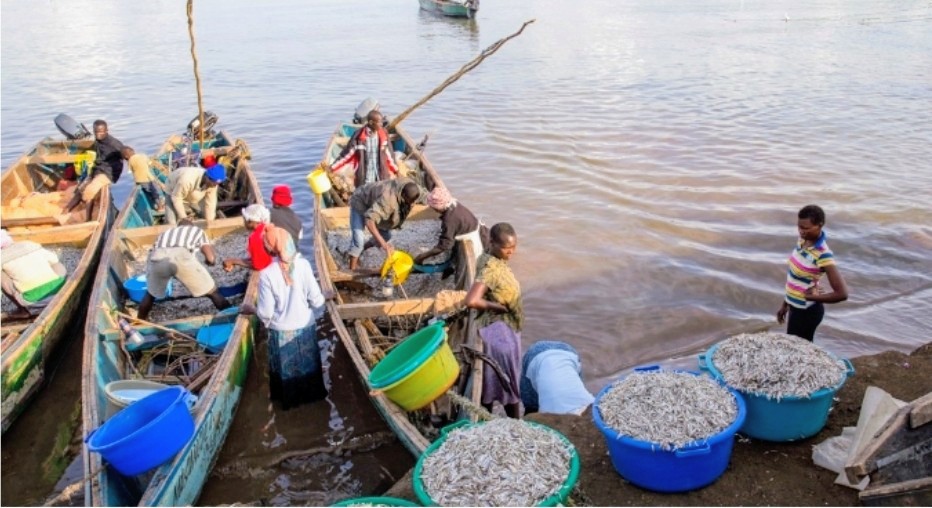
Across East Africa, the Luo have shaped politics, education, and the arts in significant ways. Many well known leaders, scholars, and musicians come from Luo communities, reflecting an enduring tradition that values learning, public discussion, and civic involvement.
Although they face challenges such as uneven development and pressure on natural resources, the Luo continue to influence national conversations especially in Kenya.
Kisumu, the major city of the Luo homeland, represents the blend of tradition and modern life. Located on the shores of Lake Victoria, it serves as a center of trade, transport, and cultural activity. Its markets, lakeside settlements, and institutions illustrate both the city’s economic energy and its cultural depth. The Kisumu Museum, with its preserved traditional homestead, offers insight into the community’s past and the values that have sustained Luo identity over centuries.
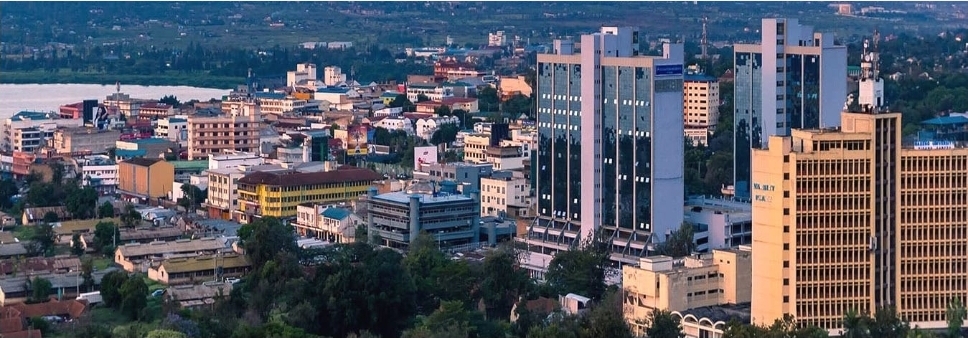
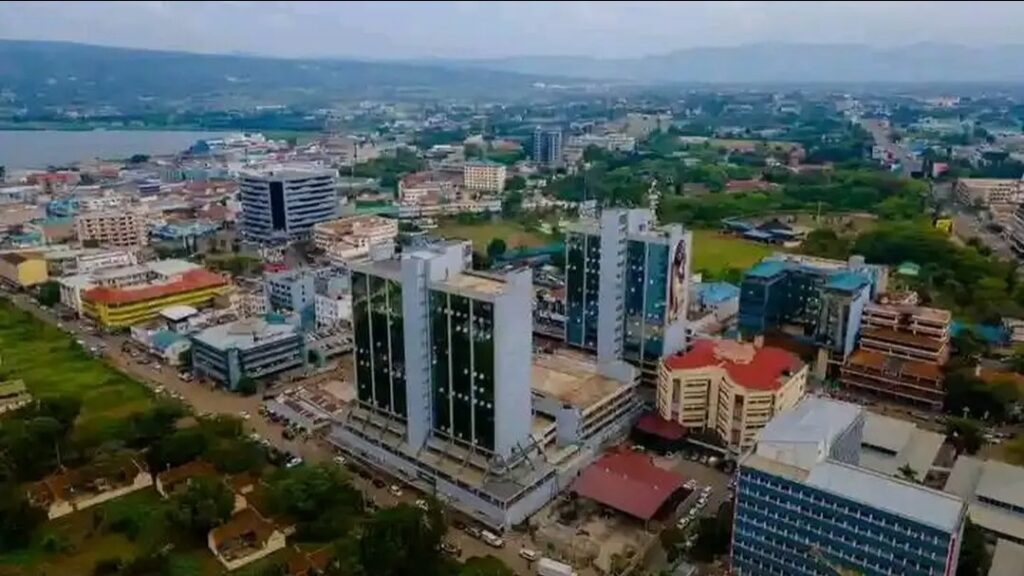
From their early movements along the Nile Valley to their influence across East Africa today, the Luo remain a resilient and culturally vibrant people. Their music, leadership, social structures, and strong connection to Lake Victoria continue to inspire pride and shape the regions cultural landscape. Their story, marked by continuity and adaptation, remains an essential part of East Africas shared heritage.
STORIES ON THE CULTURE HUB ON MAMBO








